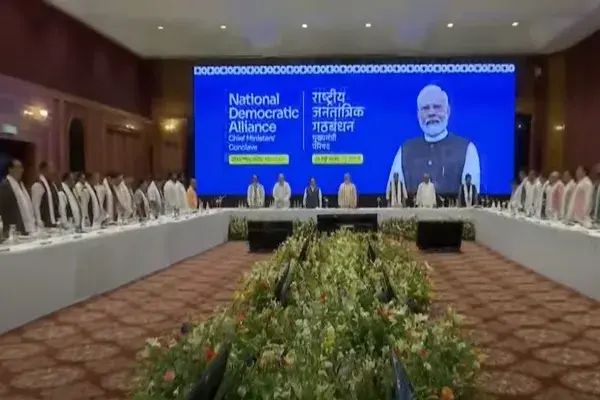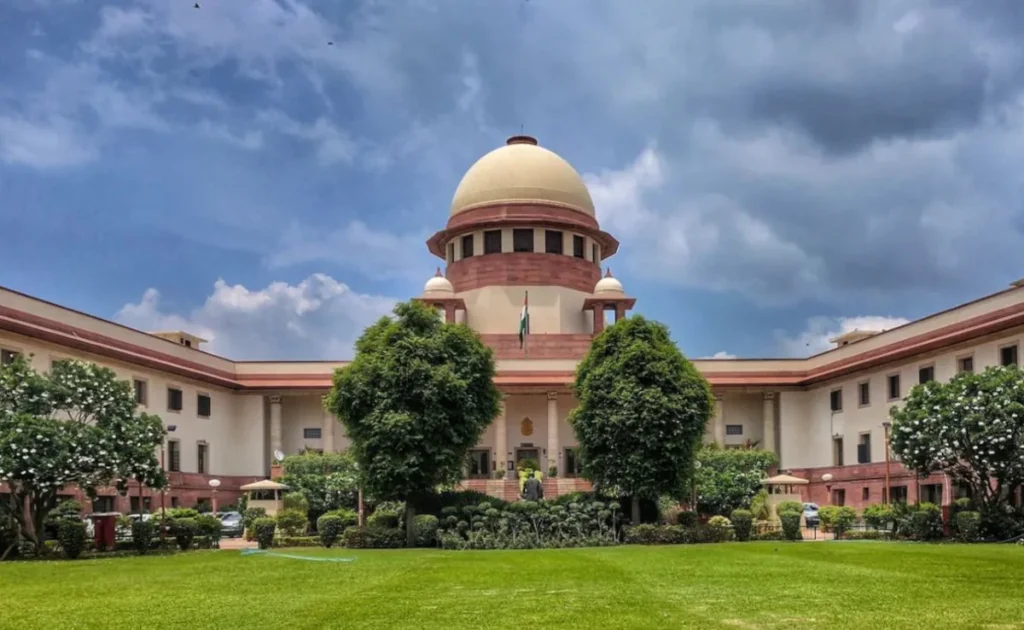PM Modi Visits Ahmedabad Crash Site, Consoles Lone Survivor in Hospital
Prime Minister Narendra Modi reached Ahmedabad on Friday to personally assess the aftermath of the catastrophic Air India plane crash that claimed the lives of 241 people—marking one of the deadliest aviation tragedies in India in recent memory. Landing at the Sardar Vallabhbhai Patel International Airport, the Prime Minister proceeded directly to the crash site in the Meghaninagar locality, accompanied by Gujarat Chief Minister Bhupendra Patel. The site, adjacent to the residential quarters of BJ Medical College, bore the devastating signs of the incident. PM Modi later visited the civil hospital to meet the sole survivor—Vishwash Kumar Ramesh, a British citizen of Indian origin—who is currently undergoing treatment for injuries sustained in the crash. Deeply shaken, the Prime Minister expressed his condolences on X, calling the incident “heartbreaking beyond words” and reaffirming that central authorities were coordinating efforts to assist victims and their families. On Thursday, Union Home Minister Amit Shah and Civil Aviation Minister Ram Mohan Naidu Kinjarapu had visited the crash site. Minister Kinjarapu confirmed that a high-level committee has been set up to investigate the cause of the crash. The tragic incident unfolded moments after Air India Flight AI 171 took off from Ahmedabad around 1:30 PM, bound for London’s Gatwick Airport. According to air traffic control reports, the pilot issued a ‘Mayday’ call shortly after takeoff, indicating a grave emergency. The aircraft rapidly lost altitude before crashing into the doctors’ residential compound at BJ Medical College and bursting into flames, sending thick plumes of smoke across the city skyline. Aviation experts suggest possible causes could include simultaneous engine thrust failure or a major bird strike, although official findings are awaited. Graphic visuals from the crash site showed emergency responders pulling bodies from the wreckage, and dozens of injured being rushed to the nearby hospital. Tragically, five medical students residing in the impacted area were also among the deceased. According to the Directorate General of Civil Aviation (DGCA), the ill-fated Boeing 787-8 Dreamliner was under the command of Captain Sumeet Sabharwal, a seasoned pilot with over 8,200 flight hours, alongside First Officer Clive Kundar, who had logged 1,100 hours. Air India confirmed the death toll at 241, with passengers including 169 Indian nationals, 53 from the UK, 7 Portuguese, and 1 Canadian citizen. Only one passenger—Vishwash Kumar Ramesh—survived the crash. Source: NDTV
PM Modi Visits Ahmedabad Crash Site, Consoles Lone Survivor in Hospital Read More »










